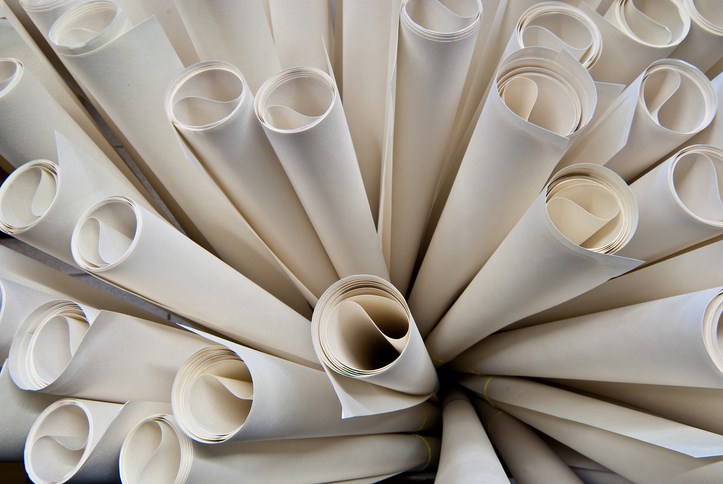SASKATOON — A project to commercially develop novel wheat straw is projected to reap financial gains for the province once the facility goes fully operational two years from now. Red Leaf Pulp is leading the project that would commercialize the production of pulp from wheat straw.
The facility will be built in Regina and is estimated to cost $350 million. However, it is expected to rake in an estimated total annual revenue of $150 million aside from creating 110 permanent full-time employment and another 250 jobs once construction begins.
RLP Sustainability Director Lauren Nottebrock, MBA, told SASKTODAY.ca that Innovation Saskatchewan provided $395,000 through the Saskatchewan Advantage Innovation Fund. Agriculture and Agri-Foods Canada gave an additional $495,000 early this year from its Agricultural Clean Technology Fund.
“To assist in our efforts through the Innovation Saskatchewan program. We are aiming to commission our facility in the third quarter of 2023,” said Nottebrock,
RLP is leading the project that would develop wheat straw pulping technology and commercialize its production. The pulp produced from the new technology can then be used to manufacture paper and other packaging products.
Being an environmental-friendly raw material for paper would be one of the benefits of the new wheat straw pulping technology, aside from being a single-use consumer packaging and an additional source of revenue for wheat farmers.
“Increased revenue for existing farm operations, reduced usage of fuel required to process straw to farmer’s bottom line. RLP will take care of all baling and hauling to our facility, farmers simply need to lay their straw down in the field after harvest,” said Nottebrock.
“Partnering with RLP by supplying the facility with wheat straw is a management technique for their straw that will allow for additional income and help to diversify their revenue streams.”
She added that the Phase 3 of the Lake Diefenbaker Irrigation Project will be a huge game changer on the new wheat straw pulping technology.
“The Qu'Appelle Irrigation South Conveyance will have a positive impact on our project, for it will strengthen global food security and improves climate change resiliency.”
Nottebrock said Darby Kreitz, the founder and chief executive officer of Allnorth Consultants, helped establish RLP.
”Allnorth completed approximately $30 million worth of third-party engineering for other alternative fibre plants globally. So, [Kreitz] saw the opportunity to bring this to Canada and specifically Saskatchewan where there is a high density of wheat straw.”
Research on the new technology is being done at the University of Saskatchewan led by Saskatchewan Ministry of Agriculture Bioprocess Engineering Chair Bishnu Acharya, who is also an Associate Professor at USask.
Minister Responsible for Innovation Saskatchewan Jeremy Harrison said the SAIF would speed up the process of new technological innovations in the province.
"This is another example of Saskatchewan's commitment to continue investing in ag innovation projects that have potential for high economic impact and we're excited to see further development of this technology."
RLP CEO Martin Pudlas added: “[RLP] is very appreciative of the support that Innovation Saskatchewan has shown through the SAIF program for the development of our project. This is strong indication of the Province's commitment to reducing carbon and promoting enhanced utilization and efficiency in the agricultural sector."

